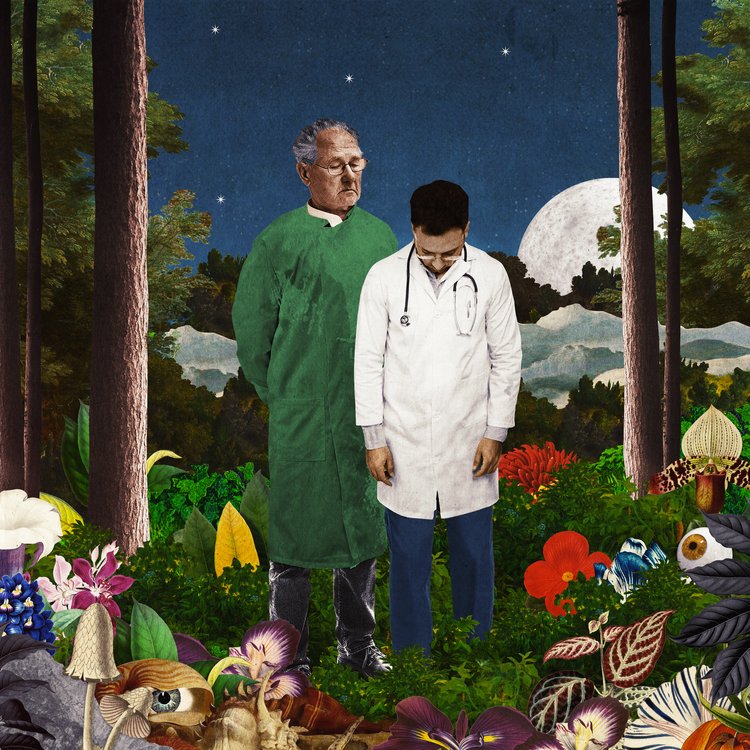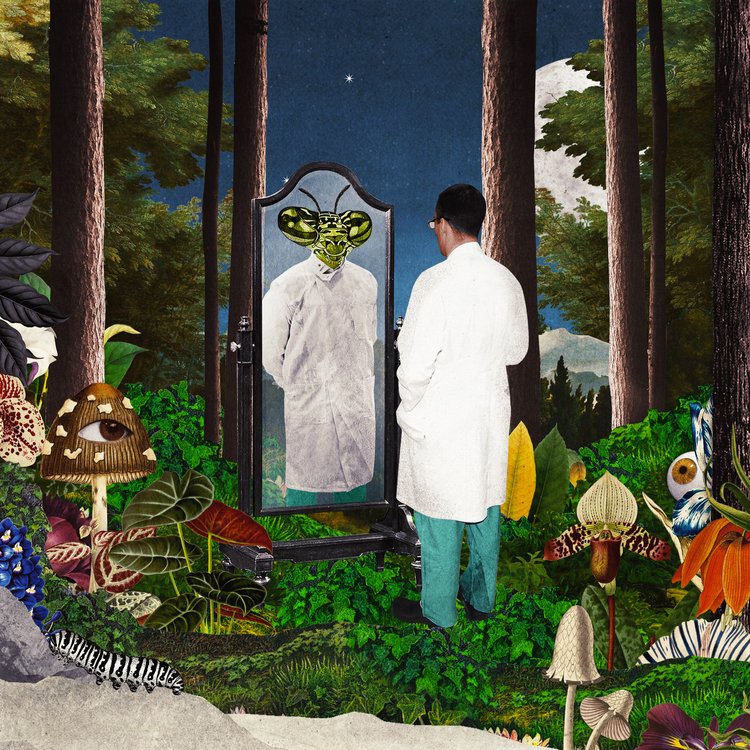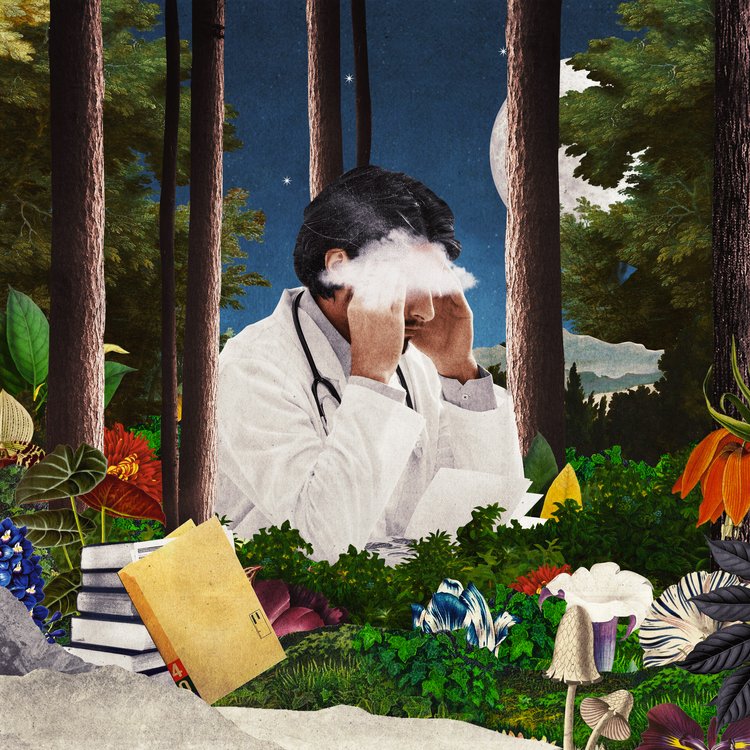Sep 13, 2022
The Perfectionist Mentality
I connected with the family medicine resident’s story [in Ep. 1 “Hello, Shame”] because it helped me realize a fear I did not yet fully materialize – the fear of messing up and affecting someone else’s life drastically. I only recently started medical school, so I have little to no medical student experience in clinical spaces. Yet, the story aligns well with the “perfectionist” mentality that I have been observing since my premedical years in the field of medicine. This mentality creates an environment where it is looked down upon to make mistakes, and it is expected of someone interested in this field to limit as many mistakes as possible.
The family medicine resident’s story highlighted, for me, the reality that we all make mistakes, and that is okay. Even then, I feel as if there needs to be an open space to discuss shame and our vulnerabilities towards it. For example, later on in the episode, when I realized the speaker was a residency program director at Duke University, an “aha” moment clicked within me. If the program director has gone through episodes of shame and is still looked up as a leader in their field, it must be okay for others to make mistakes and feel shame. Yet, I find it almost rare to hear an attending or someone with many accolades in the medicine field to talk about their shortcomings and failures. If more and more doctors and “successful” medical students talk truthfully about their vulnerabilities and failures, the culture of medicine being a “perfectionist’s” career can be dwindled. I often feel imposter syndrome because of this perfectionism, which has caused its own form of anxiety within me. If, perhaps, this culture were to be mitigated and an open conversation regarding vulnerabilities, failure, and shame were to become the norm, the wide issue of imposter syndrome in the medical field may be addressed.
Shame is a part of medical culture, and it provides an opportunity to learn, grow, and become a better physician. If we can be empathetic and understanding towards our patients and provide non-judgmental services, why can’t we be empathetic and understanding towards our medical students and residents when they make a mistake and provide non- judgmental feedback and encouragement? I believe shame originates from the unreal expectation that students and residents must be “perfect” in their care, seemingly like their professors or attendings. Shame is normal and creates an opportunity for growth in physician training. This podcast series is one of many steps toward this growth mindset perspective towards shame. If more stories of shame are shared, perhaps we can use these stories to slowly mitigate the knee-jerk reaction that shame is bad and that it can cause an individual to feel unworthy and like an imposter.
reflection forum










